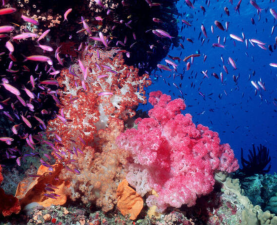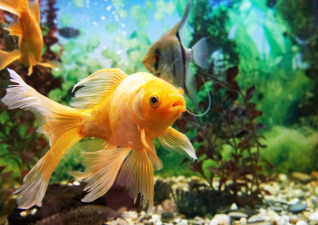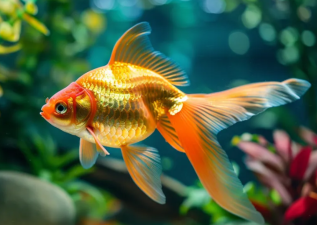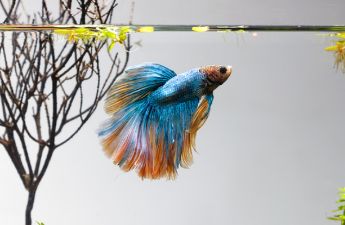Coral is a very magical creature. It is not only an important part of the marine ecosystem, but also one of the longest-lived creatures on earth. The lifespan of coral depends on many factors, such as species, growth environment, and reproduction method. The longest-lived species of coral known so far is the Red Sea anemone coral, which can live for more than 6,000 years. Fluorescent coral can live for more than 100 years under suitable water temperature and food supply.
However, as biodiversity is under great threat, coral reefs are facing an unprecedented crisis. Global climate change, ocean acidification, overfishing, and water pollution have led to a global coral reef area reduction of more than 50%. Therefore, protecting and restoring coral reef ecosystems has become an important task for global environmental protection and sustainable development.

Coral is a very magical creature. It is not only an important part of the marine ecosystem, but also one of the longest-lived creatures on earth. The lifespan of coral depends on many factors, such as species, growth environment, and reproduction method. The longest-lived species of coral known so far is the Red Sea anemone coral, which can live for more than 6,000 years. Fluorescent coral can live for more than 100 years under suitable water temperature and food supply.
However, as biodiversity is under great threat, coral reefs are facing an unprecedented crisis. Global climate change, ocean acidification, overfishing, and water pollution have led to a global coral reef area reduction of more than 50%. Therefore, protecting and restoring coral reef ecosystems has become an important task for global environmental protection and sustainable development.

Growth rate of coral
The growth rate of coral refers to their growth rate in the natural environment. The growth rate of coral is also one of the key factors affecting its longevity. The growth rate of different types of corals varies greatly. Some corals can only grow a few millimeters per year, while others can grow tens of centimeters per year.
The growth rate of coral is mainly affected by factors such as water temperature, light, water flow, and nutrients. For example, rising temperatures will lead to a decrease in the growth rate of corals, while water flow and nutrients promote the growth of corals.
Coral maintenance
If you want corals to grow healthily, you need to provide a suitable growth environment and proper nutrition. Corals need light, water flow and the right water quality. When raising corals artificially, the water quality requirements are very high, and it is necessary to control indicators such as water temperature, salinity, pH, and hardness.
When raising corals, it is necessary to change the water quality regularly to maintain the ecological balance of nutrients and microorganisms in the water. In addition, corals also need certain nutrients, which can be met by artificial feeding or providing secretions of parent corals.
Coral protection and sustainable development
Coral reefs are an important part of the marine ecosystem and play an important role in maintaining ecological balance. However, due to the influence of various factors, the number and quality of coral reefs around the world are declining. Therefore, coral reef protection has become an important global environmental protection task.
In order to protect coral reefs, it is necessary to start from multiple aspects. The government needs to strengthen the protection and management of coral reefs and strictly crack down on illegal fishing and damage to coral reefs. At the same time, the public also needs to strengthen their awareness of protection, not littering, and not trampling on coral reefs at will, so that corals can grow safely.
In addition, scientific research institutions and coral breeders also need to continue to study and explore the ecological behavior and nutritional needs of corals to promote the sustainable development of ecological protection and coral breeding.



